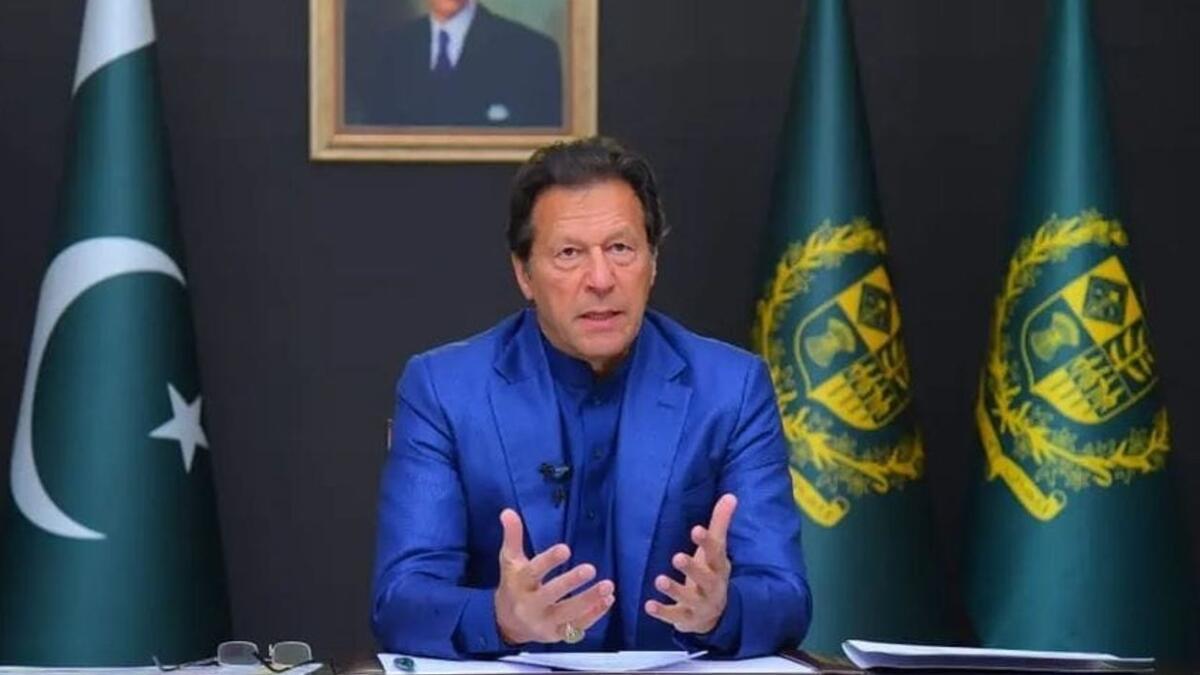Pakistan economic crisis: Government assures citizens of the stable economy despite warning signs

Pakistan economic crisis: Government assures citizens of the stable economy despite warning signs
Islamabad: While Pakistan’s economy is on the verge of collapse, the government there reassures the populace that Islamabad’s economy is sound. According to Dawn, the Pakistani government attempts a “glasses half full” strategy to be the economic issues increase. On Thursday, the nation’s financial administrators reiterated their promises that Pakistan was not on the verge of defaulting, the currency had steadied (despite falling 0.83%), and the country had enough gasoline to last more than a month.
Defense Minister Khawaja Asif and Finance Minister Miftah Ismail both called for an end to the recent “executive allowance” given to high-ranking government employees and other lavish lifestyles at the expenditure of the public. At the same time, the prime minister talked about his concerns over the local currency’s record depreciation it against the dollar in a cabinet meeting.
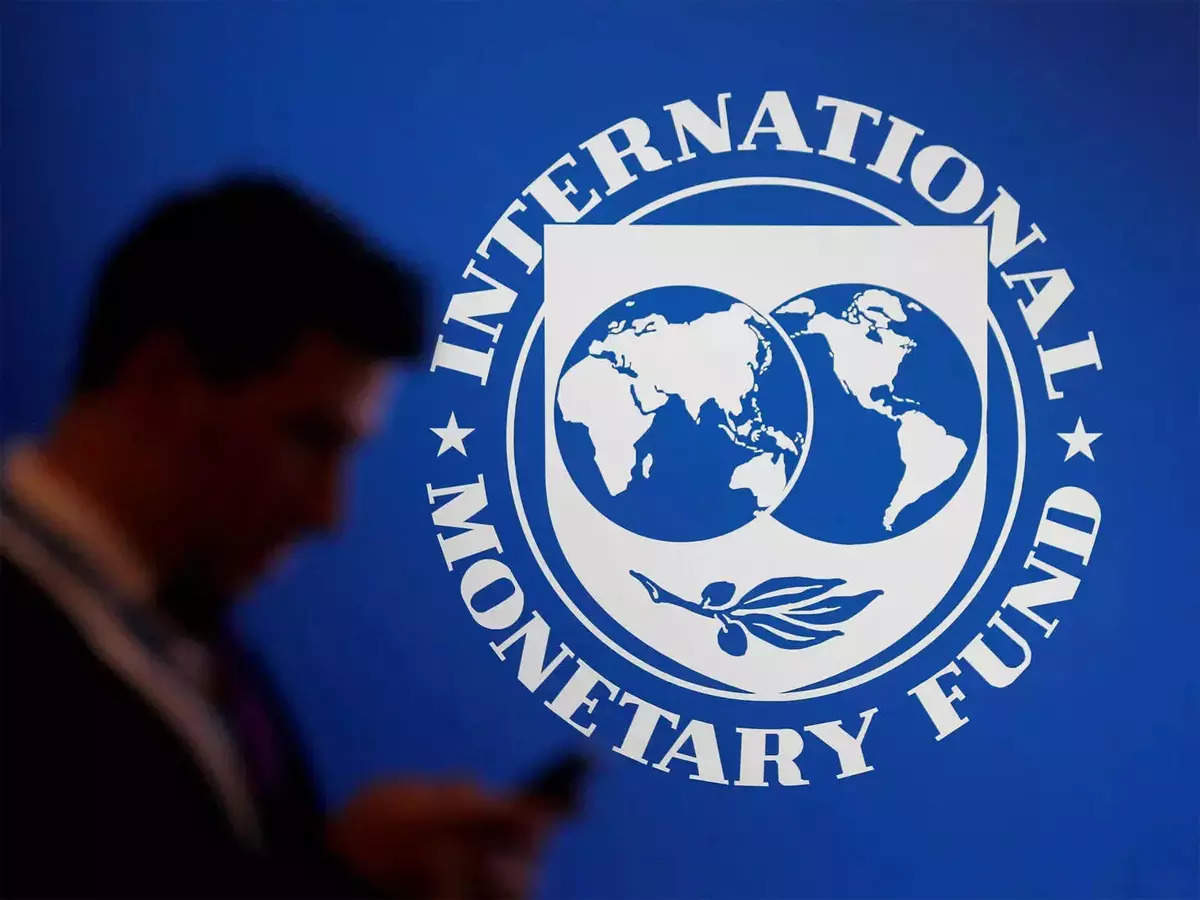
The crisis in Pakistan are one after another. There was a protracted political crisis in which Imran Khan resisted leaving his position to be the prime minister until he was forced to do so and Shehbaz Sharif was inaugurated. But the country is right now experiencing a severe economic crisis. To comply with bailout conditions imposed by the International Monetary Fund (IMF) , Pakistan’s new governance of Prime Minister Shehbaz Sharif must pay $6.4 billion in debt over the following three years.
Pakistan has urged a bailout from the IMF 22 times previously. However, true reform initiatives have been lacking, which explains why people keep returning. The foreign exchange reserves of Pakistan are right now being consumed.
Within a year, they had decreased by half. Additionally, the country will need $36 large amounts of foreign finance in the upcoming fiscal year, which begins in June.
According to data collated by Bloomberg from 13 different countries, Pakistan has performed the worst in Asia, with its rupee falling by roughly 8% in the past month. To keep its economy going and avoid defaulting, the country is feverishly negotiating a bailout plan with the IMF and other countries. However, getting an IMF loan entails stringent requirements that Pakistan has previously had trouble meeting.
Experts have pointed to ineffective infrastructure investments like the Gwadar-Kashgar Railway Line Project, which relied heavily on borrowing from abroad rather than domestic institutions and used a long-term loan frameworks and structures. These issues have all made Pakistan’s problems worse. The establishment of the China-Pakistan Economic Corridor (CPEC) raised Pakistan’s debt load and provided an avenue for ever-growing foreign loans. Notably, the CPEC increased China’s debt to Pakistan from $47 billion in 2014 to $64 billion now.

The Pakistani rupee’s ongoing depreciation versus the US dollar has added to the nation’s soaring external debt. As countries who have always been liberal lenders to Islamabad are now moving more warily, an IMF rescue has become major.
The situation is that the countries that previously offered to help Pakistan are no longer ready to do so until Pakistan makes major headway with the IMF. To avoid turning to the International Monetary Fund when Pakistan had a similar financial recession in 2018, the country was able to seek support from China, Saudi Arabia, and the UAE.
However, Pakistan’s finance minister said on May 28 that the country had sought help from Saudi Arabia, the UAE, and other countries. Even while they were all willing to provide Pakistan money, they all insisted that it should first approach the IMF.
Last week, Pakistan’s government took a risky and unpopular action by raising local fuel prices to comply with a crucial requirement established by the IMF for restarting its bailout program. Imran Khan, however, immediately launched a political backlash against it, claiming in a tweetstorm that the country’s fuel price increase was the greatest in history and that Pakistan’s administration had not sought a deal with Russia for 30 percent cheaper oil. The government was already thinking about gas import agreements with other countries, notably Russia.
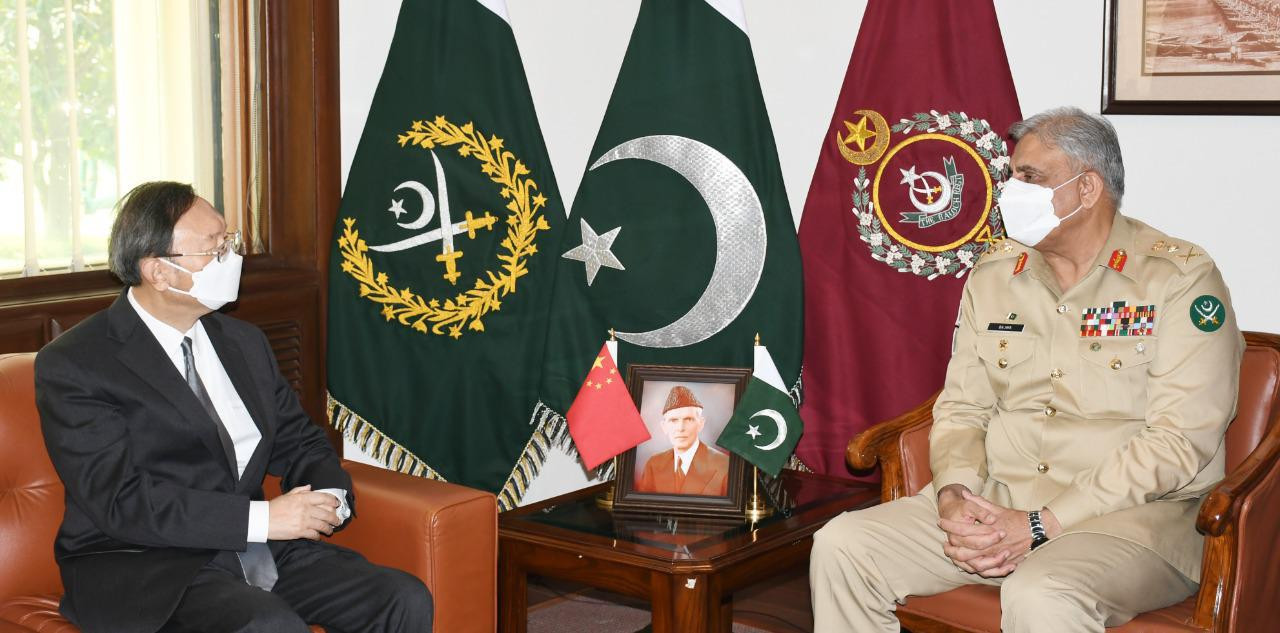
Imran Khan is now more motivated than ever to challenge the Sharif governance to be the economic situation worsens. He demands that elections be held right away.
Elections won’t be held until the summer of 2023, though. What will the all-powerful military do is the other important question. There are rumors that it could remove support for Shehbaz Sharif to be the imposes the controversial requirements of the IMF on the Pakistani people. Therefore, the country will see political and economic unrest during the coming several months.
Separately, Khurram Dastgir, the energy minister, stated that the country’s petroleum product stocks were at a “historical level.”
Defence Minister Khawaja Asif called on Thursday for a complete end to the “executive allowance” was given to top government workers and other similar extravagant lifestyles supported by tax dollars, acknowledging that continuing measures by the government along with outside factors would cause many middle-class people to fall below the poverty line.
Asif told reporters, “The permanent government, by which I mean the bureaucrats and many others, would have to jointly bear the cost to guarantee that the common guy feels like he is not paying the price alone but borne by the entire country.”
The Pakistani rupee dropped against the dollar from 227 to 204.85.
The rupee of Pakistan, trading at 204.85 to the dollar on June 30, fell to 227 today. Asif added that, given the conditions, the size of Pakistan’s government should be as little as feasible. He emphasized the necessity for chronic changes and insisted that only daytime hours should be used for business. According to Dawn, in response to a query, Asif stated that a group from Kabul had returned and that plans would now be made to enhance the importation of coal for power plants.
However, it is important to remember that the Taliban administration has once more increased the cost of coal, this time by USD 80 per tonne, according to reports from Geo News citing media sources. The value of a tonne of coal has jumped from USD 200 to USD 280.
He said the Pakistani State Bank had taken action to limit imports. In response to a query, he stated that the SBP governor would be chosen the following week and that the board of directors would be informed at any moment.
The PML-N-led coalition government’s commitment to stabilizing the economy and preventing the effects of an “international energy crisis” from manifesting here, according to Energy Minister Khurram Dastgir, was made clear by the fact that petroleum product reserves were at a “record level,” he added. But the major sign of the country’s economic problems was that it ran out of fuel goods, according to Dawn.
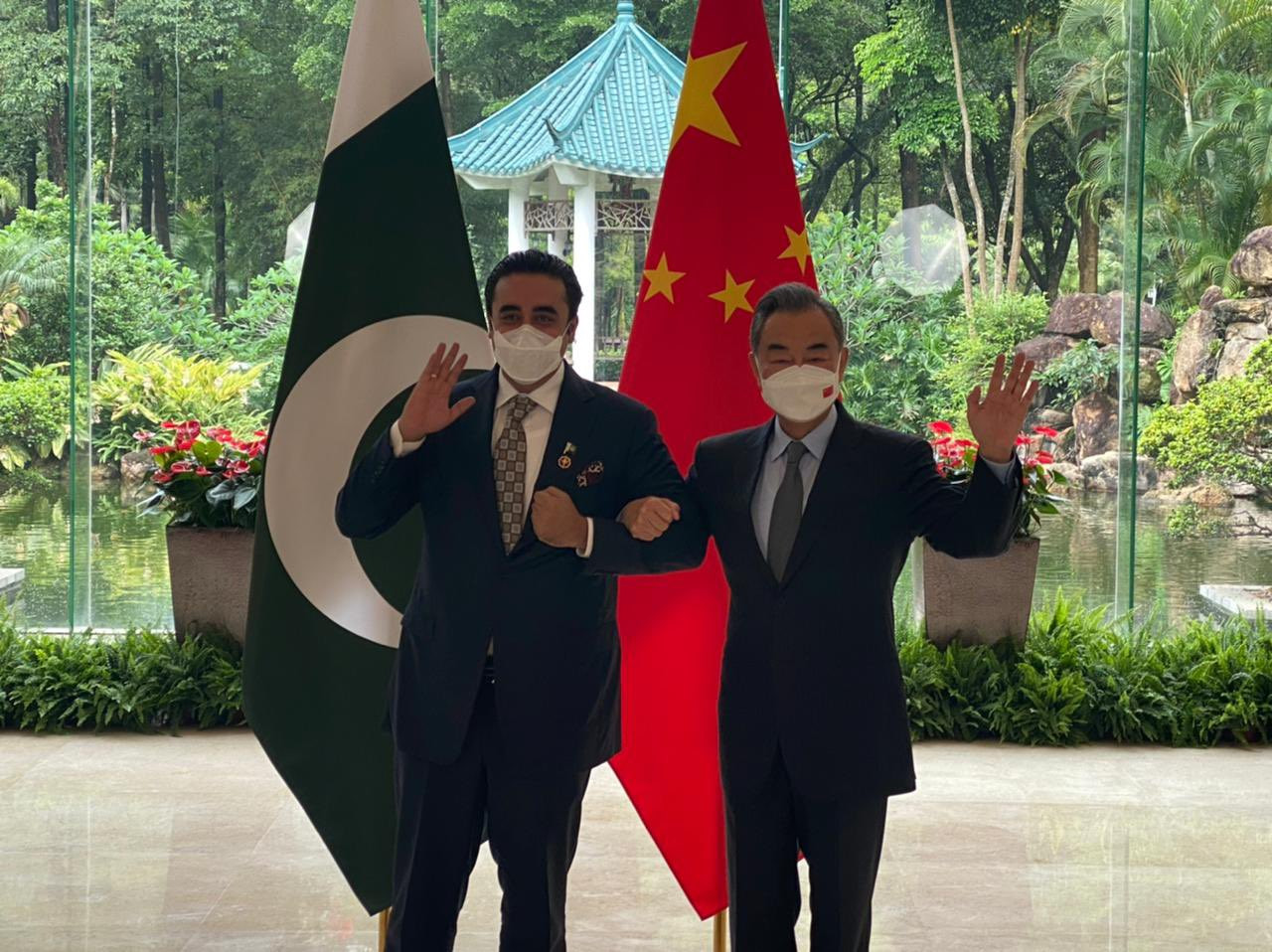
At a cabinet meeting on Thursday, the prime minister promised to reduce the country’s escalating petroleum product costs by the end of the following month. The meeting was told by Finance Minister Miftah Ismail that “all needed actions are being done to bring down the dollar price and by the following month, the rupee would stabilize versus the dollar.” Shehbaz Sharif expressed alarm about the local currency’s historic fall versus the dollar, according to the Prime Minister’s Office.
The Pakistan Muslim League-Nawaz (PML-N) governance, which took office following elections in 2013 and left office on May 31, 2018, portrayed CPEC to be the stride forward for the country’s economic development and relations with China.
Politically diverse candidates for national office have supported mainly this opinion. However, the failure to safeguard regional economic interests, the high guaranteed equity returns to Chinese investors, and the expensive national debt are causing worry in certain high-ranking officials and influential voices in Pakistani business.
Although it is too soon to tell whether the CPEC will bring about the economic benefits Islamabad pledges, the project risks rekindling long-standing conflicts over unequal resource and economic development between the federal government‘s central office and the federal government’s smaller federal agencies and in individual sectors.
Less developed federal divisions like Balochistan and Sindh argue that Punjab, already the nation’s richest and most powerful province politically, will profit most from the corridor’s route, infrastructure, and industrial projects. Locals have resisted the state’s seizure of land for CPEC’s agricultural projects with force, even in Punjab.
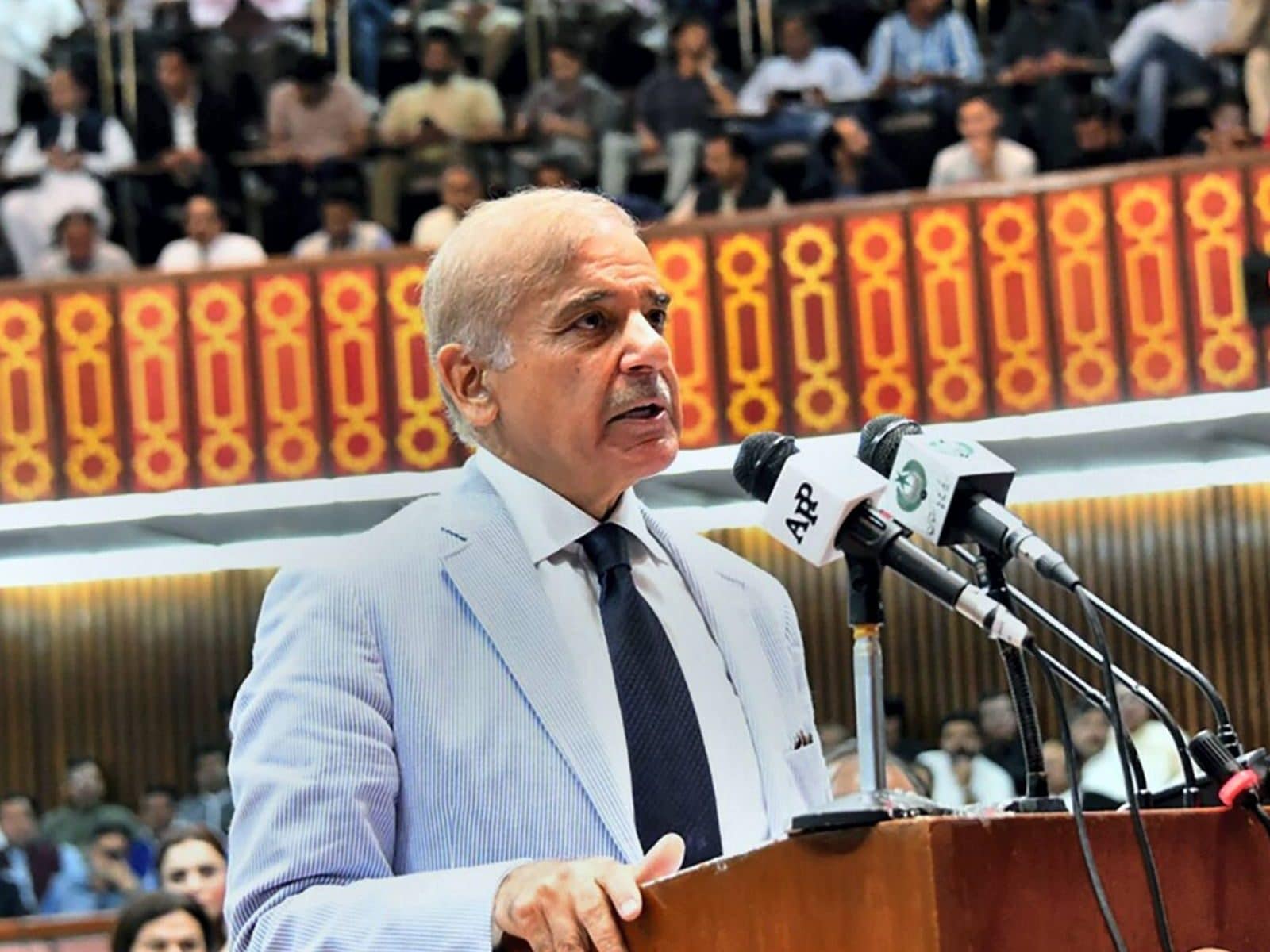
CPEC is escalating frustrations in Balochistan in a popular place whose feelings of abuse and neglect by the government and the repression of dissent have historically been the source of an insurgency. Gwadar Port, a major CPEC project, would not directly help the province, so local resentment of Islamabad is likely to expand.
The project is creating a strongly militarized area instead of the tranquil fishing village Islamabad, and Beijing promised would become a thriving commercial sector, uprooting the locals and removing them off from their sources of income. Coal-based CPEC power stations in Sindh’s Tharparkar area harm the environment and force villagers to leave their homes and risk destroying their means of subsistence.

